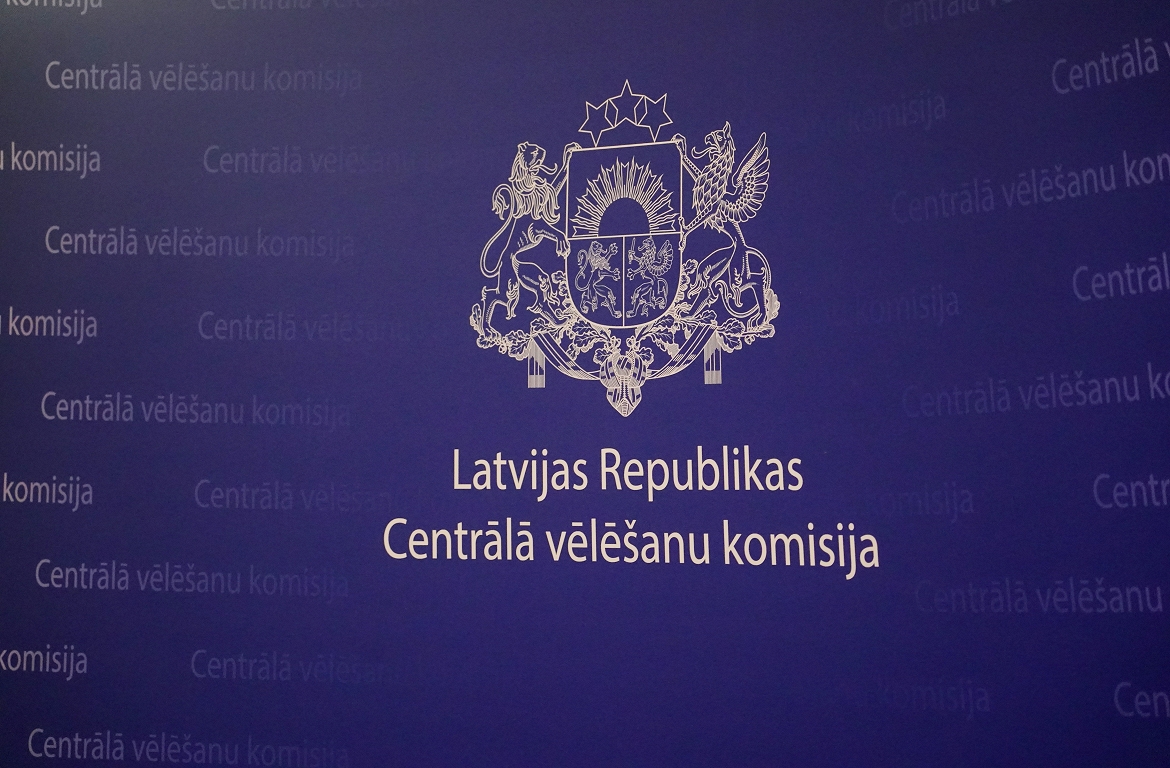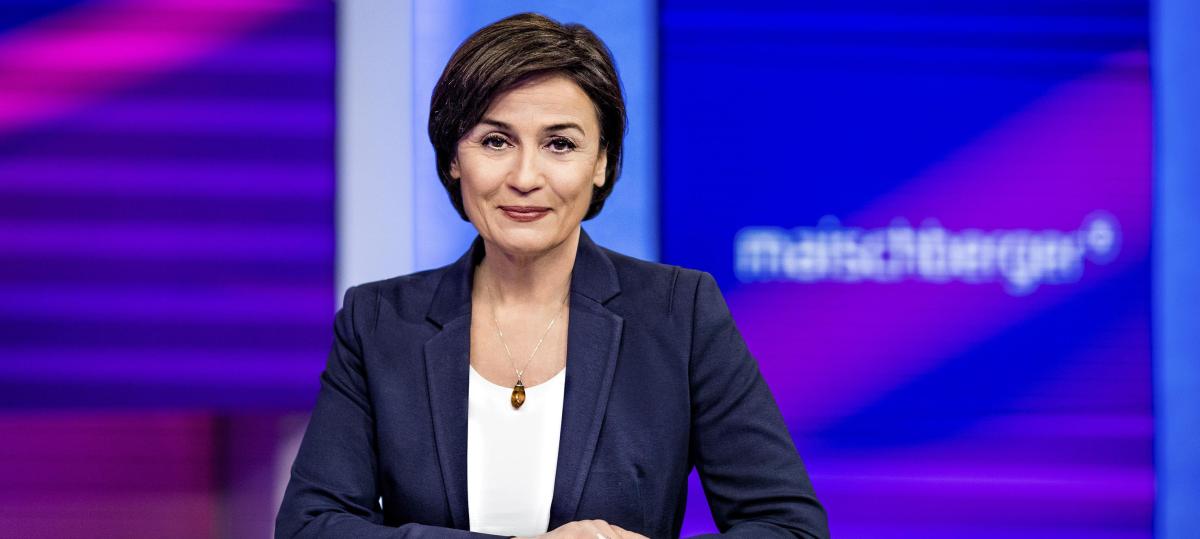German Chancellor’s weakness / day

The approval of the new German Chancellor, reminded, was considered a technical vote, as the two newly formed coalition parties, the Mercca represented by the Christian Democrats represented by Mercza (along with their Bavarian Sister Party) and the Social Democrats, are a majority in the Bundestag (328 out of 630), so there was no problem. For this reason, a kind of political shock was the fact that in the first run, Mercza, as the next Chancellor, was voted by only 310 (at least 316) parliamentarians. In addition, there was no doubt that Mercca’s own members’ own members are voted, some of whom were outraged for the ease with which Mercs refuses to pre -election promises, but some have never considered Mercca a serious politician. (Mercs has always been known for its adaptation to the conjuncture and the change of frequent views.) Mercca supporters were forced to take a previously unprecedented step – to agree on supporting the right Chancellor with the left (East German communist ideas). What was promised for this party remains unclear, but in a re -vote, Mercs was elected thanks to the left votes. Meanwhile, scandalization and search for « traitors » have begun in the ranks of Christian Democrats.
Separately, it is worth noting that Mercs has set up a new popularity anti -record – the first after his post -post -poll surveys show that Mercza, as a Chancellor, is positively evaluated by only 23% of voters, which is the lowest support for any chancellor in all post -war German history. Christian Democrats have also lost the status of the country’s most popular party in many polls, either by conceding An alternative to Germany (AfD), or smoothing with it.
Theoretically, Mercam, of course, has the opportunity to change everything, though only a few believe in it. It seems much more realistic that Germany is waiting for an open departure on the French Way – when the head of state is openly antipathetic and in power is only because they are able to use the irreconcilable contradictions between its main political opponents. It allows for power but is unable to ensure neither domestic policy stability nor the resolution of major problems, and certainly does not increase the international authority of the country.








